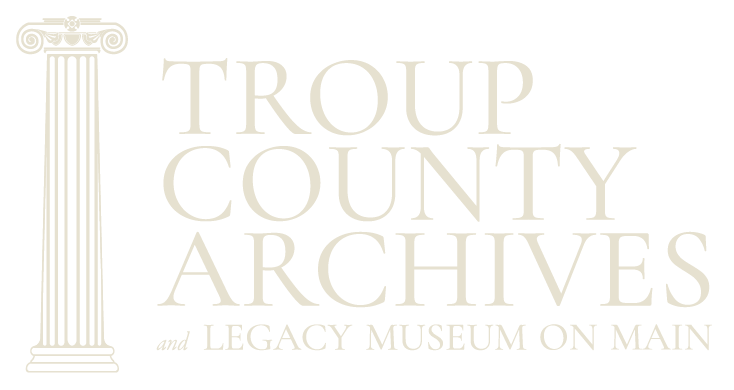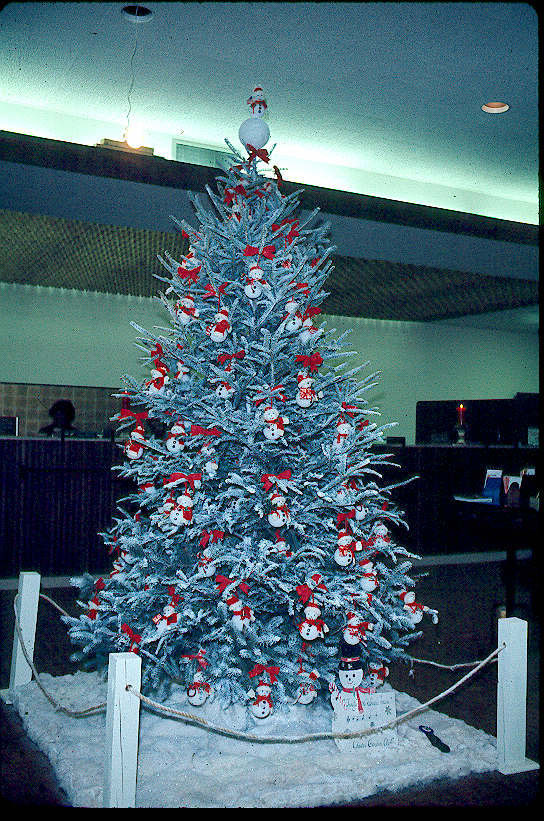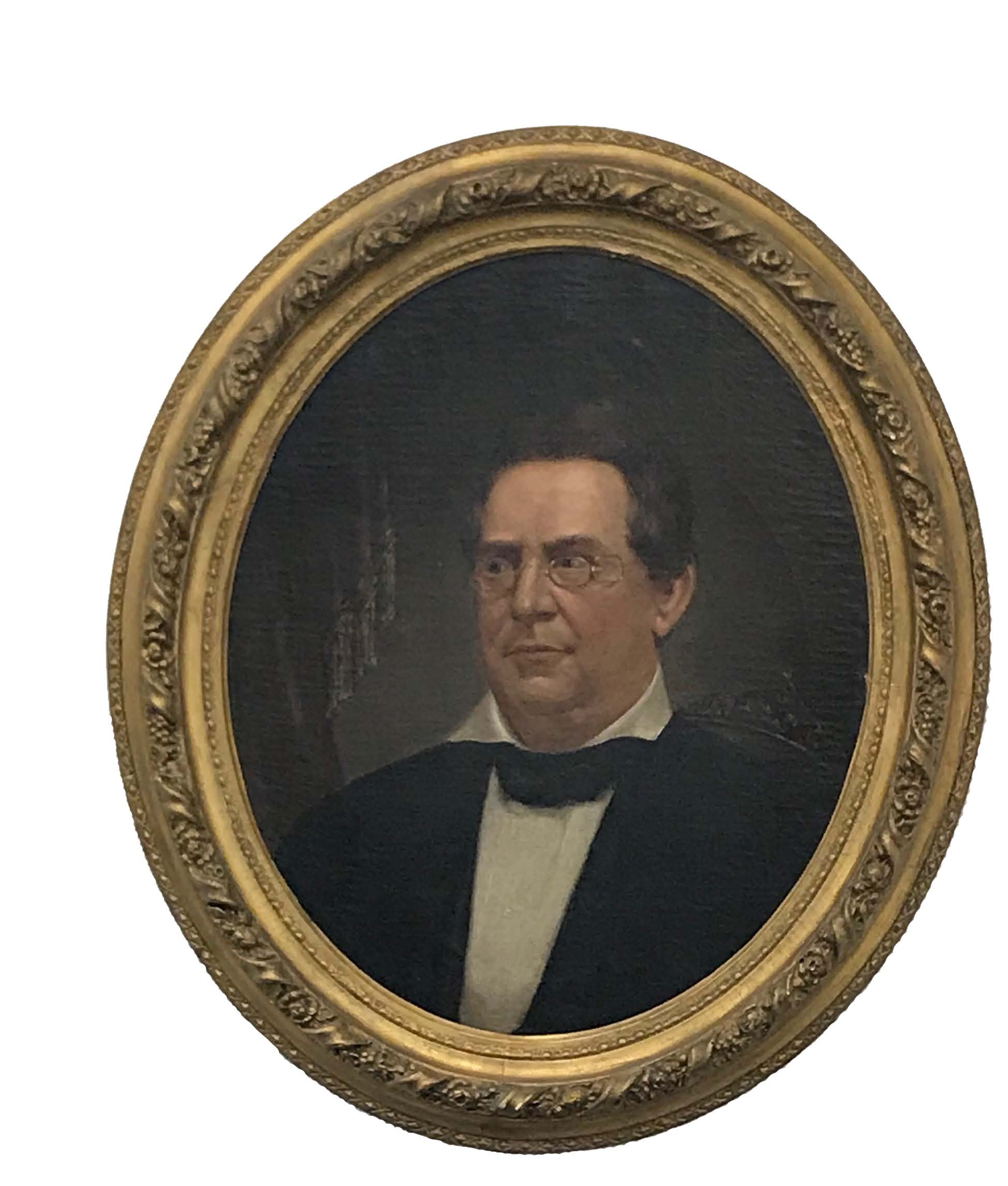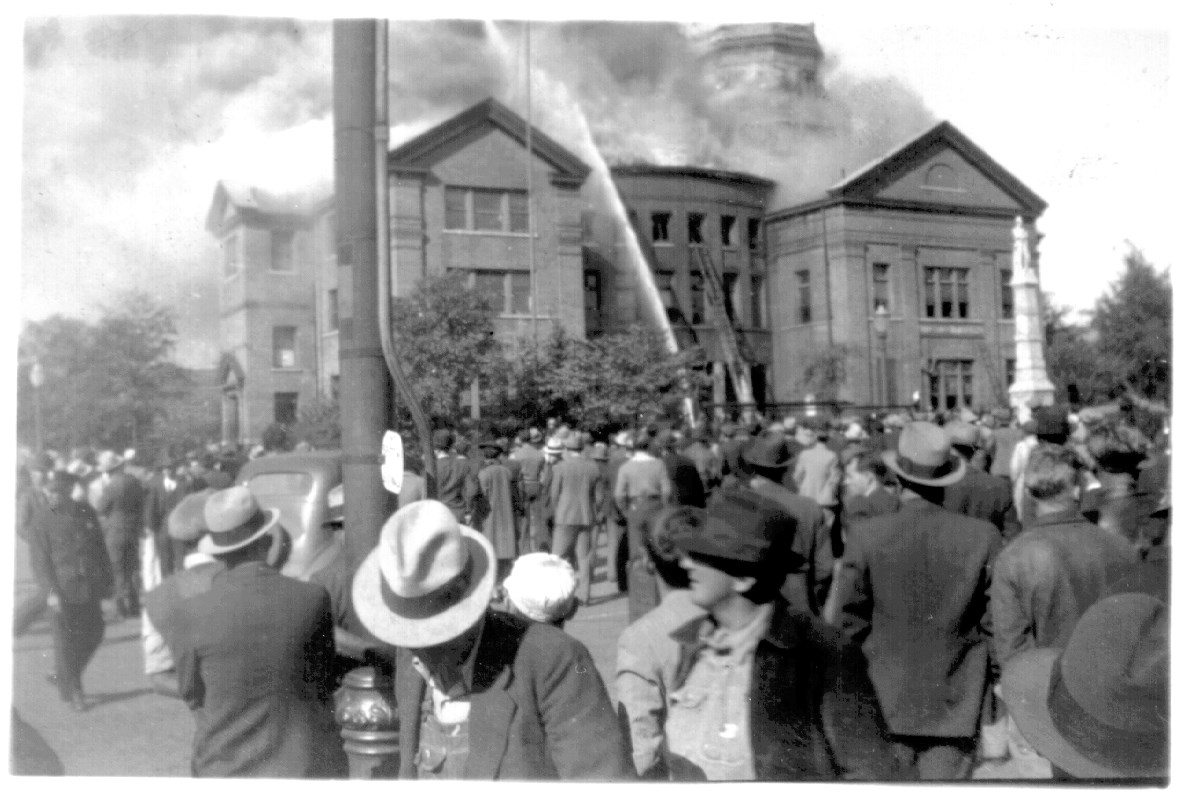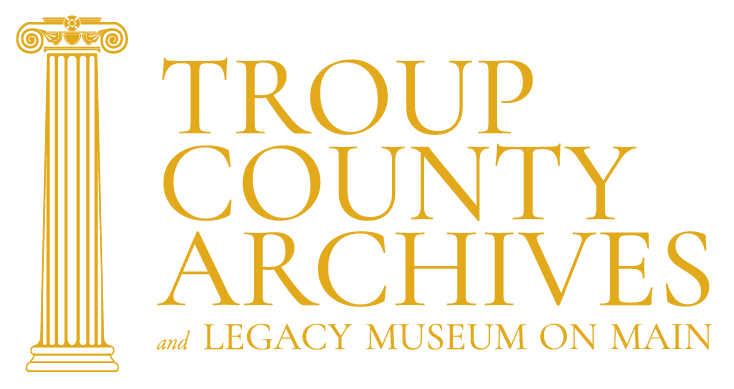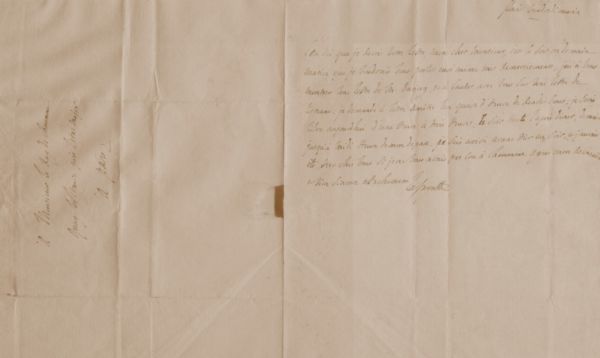
This letter from the Marquis de Lafayette is a simple statement regarding supplies but bears his signature. It was donated to TCA in 2018.
When you work for an archival repository all kinds of people will ask to give you things to put into the collections. I have been stopped walking into the front doors by someone wanting us to purchase a mass-produced print or coin. It happens to be the same item that we have been offered many times before, or an item that the historical society published. Sometimes people try to ascertain whether or not you are interested in what they think should go into a permanent museum case. Other times they are trying to just get rid of all that stuff in their attic but just can’t bring themselves to throw it all away. Those types of donations are interesting as they often prove to be, well, junk… but they also tend to be where great archival finds rest. Everyone has their favorite things and the things to which they assign value. Without a doubt, the Archives relies on donations from the community to collect and preserve those records and artifacts that document the history of Troup County. So we are happy to hear of new things coming in but you are bound to get a wide variety of “things.”
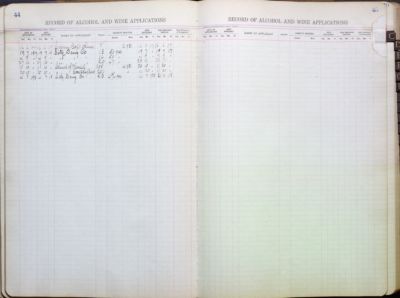
Troup County Clerk of Court, Record of Alcohol and Wine Applications, 1917-1919. TCA Collections.
Amongst all of the “old stuff” at the Archives, I have many favorites. Asking me to pick my favorite thing in the Archives is like asking a parent to pick their favorite child. For the sake of this Clio article, I have narrowed down my favorites to three things. Well, two items and a concept that is really a not so favorite thing. If you have attended a Behind the Scenes tour you may know that one of my favorite items is a Prohibition-era medicinal alcohol ledger. National prohibition on alcohol lasted from 1920 to 1933 but in Georgia prohibition lasted from 1907 to 1935. One exception to prohibition was alcohol acquired for medicinal purposes. The ledger records alcohol allowances for individuals and churches who needed wine for religious services. Another favorite item is a letter written by Lafayette. This letter was donated in 2017 and resides in the Archives’ vault. I am quite involved with LaGrange’s Lafayette Alliance and find the letter to make another connection to Lafayette and his wife’s estate in France. Our town’s connection to Lafayette is one that we should be proud of and one that we should study and educate ourselves on further.
While the next is not particularly an item that we actually have, it is certainly something that I think about quite often. Archival gaps and silences occur for a variety of reasons and in a variety of ways. Archival gaps can be defined as portions of the archival record that are missing from the overall documentation of a period of history or population. Gaps can occur because things were not donat-ed, things were never recorded, or a human occurrence such as war and destruction erased the records of that time frame. Archival silences are very similar in nature but occur when a population or segment of the population is not represented within the record. This can occur because of socio-economics, class di-vides, illiteracy, and a myriad of other reasons. Archival gaps can occur at several different points within the period of the archival and records lifecycle such as; at the time of creation, at the time of donation, at the time of the archivist making the collection accessible through appraisal, and at the time of narrative creation such as historians writing and publishing on the subject.
Whatever the reason archival gaps and silences exist and as an archivist, I often think about what we would know about our world and its history if they didn’t exist. Maybe some historians think that the existence of gaps and silences makes writing a narrative of a particular part of history easier. Maybe others get frustrated, as I do, and wish they did exist so they could understand and tell more about a particular occurrence in history. These, these are a few of my favorite things or maybe some of my not so favorite things. –Alex Hughes
